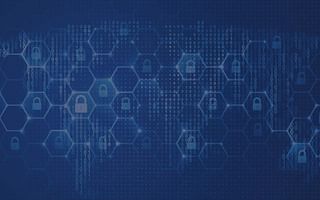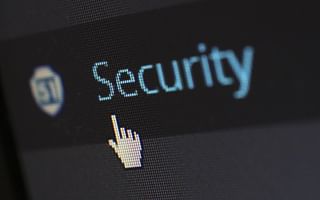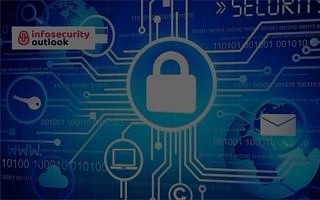Caleigh Gutkowski is a distinguished cybersecurity expert with over ten years of experience in the technology sector. Her expertise lies in detecting and preventing network intrusions. Caleigh is renowned for her talent in demystifying intricate security notions for the ordinary user.
Hey there! It's great that you're taking proactive steps to protect your online security. In today's digital landscape, having the right tools is crucial to safeguarding your sensitive information and keeping cyber threats at bay. So, let's dive into some of the best tools available to protect your online security.
1. Antivirus Software: One of the fundamental tools for online security is antivirus software. It helps detect and remove malicious software, such as viruses, worms, and Trojans, that can compromise your system. Popular antivirus solutions include Avast, Norton, and McAfee.
2. Firewalls: Firewalls act as a barrier between your device and the internet, monitoring incoming and outgoing network traffic. They help prevent unauthorized access to your system and block malicious activities. Windows and macOS come with built-in firewalls, but you can also consider third-party options like ZoneAlarm and Comodo Firewall.
3. Password Managers: Using strong, unique passwords for each online account is essential. Password managers like LastPass, Dashlane, and KeePass help generate and store complex passwords securely. They also offer features like auto-fill and two-factor authentication for added protection.
Comparison of Popular Password Managers
| Password Manager | Password Generation | Secure Storage | Auto-fill Feature | Two-Factor Authentication |
|---|---|---|---|---|
| LastPass | Yes | Yes | Yes | Yes |
| Dashlane | Yes | Yes | Yes | Yes |
| KeePass | Yes | Yes | No | Yes |
4. Virtual Private Networks (VPNs): VPNs encrypt your internet connection, making it difficult for hackers to intercept your data. They also mask your IP address, enhancing your online privacy. Popular VPN services include NordVPN, ExpressVPN, and CyberGhost.
5. Browser Extensions: Browser extensions can provide an extra layer of security while browsing the web. Tools like HTTPS Everywhere, uBlock Origin, and Privacy Badger help protect against malicious websites, block ads, and prevent tracking.
6. Multi-Factor Authentication (MFA): MFA adds an extra step to the login process by requiring multiple forms of verification, such as a password and a unique code sent to your phone. This significantly reduces the risk of unauthorized access. Many online services, including Google, Facebook, and Microsoft, offer MFA options.
7. Backup Solutions: Regularly backing up your data is crucial in case of a security breach or hardware failure. Cloud-based backup services like Dropbox, Google Drive, and OneDrive provide secure storage and easy access to your files.
Remember, these tools are just a starting point. It's important to stay updated with the latest cybersecurity news and updates to adapt to evolving threats. Regularly installing software updates and patches is also crucial for maintaining the security of your devices.
By combining these tools and adopting good digital security practices, you'll be well-equipped to protect your online presence. Stay safe out there!















